The garage has become a dumping ground for items that are either unwanted or for which we don’t have immediate use. However, due to safety and durability concerns, a lot of these are better stored elsewhere. In this article, we compile 18 such items and explain why the garage is bad for them.
Paint Cans
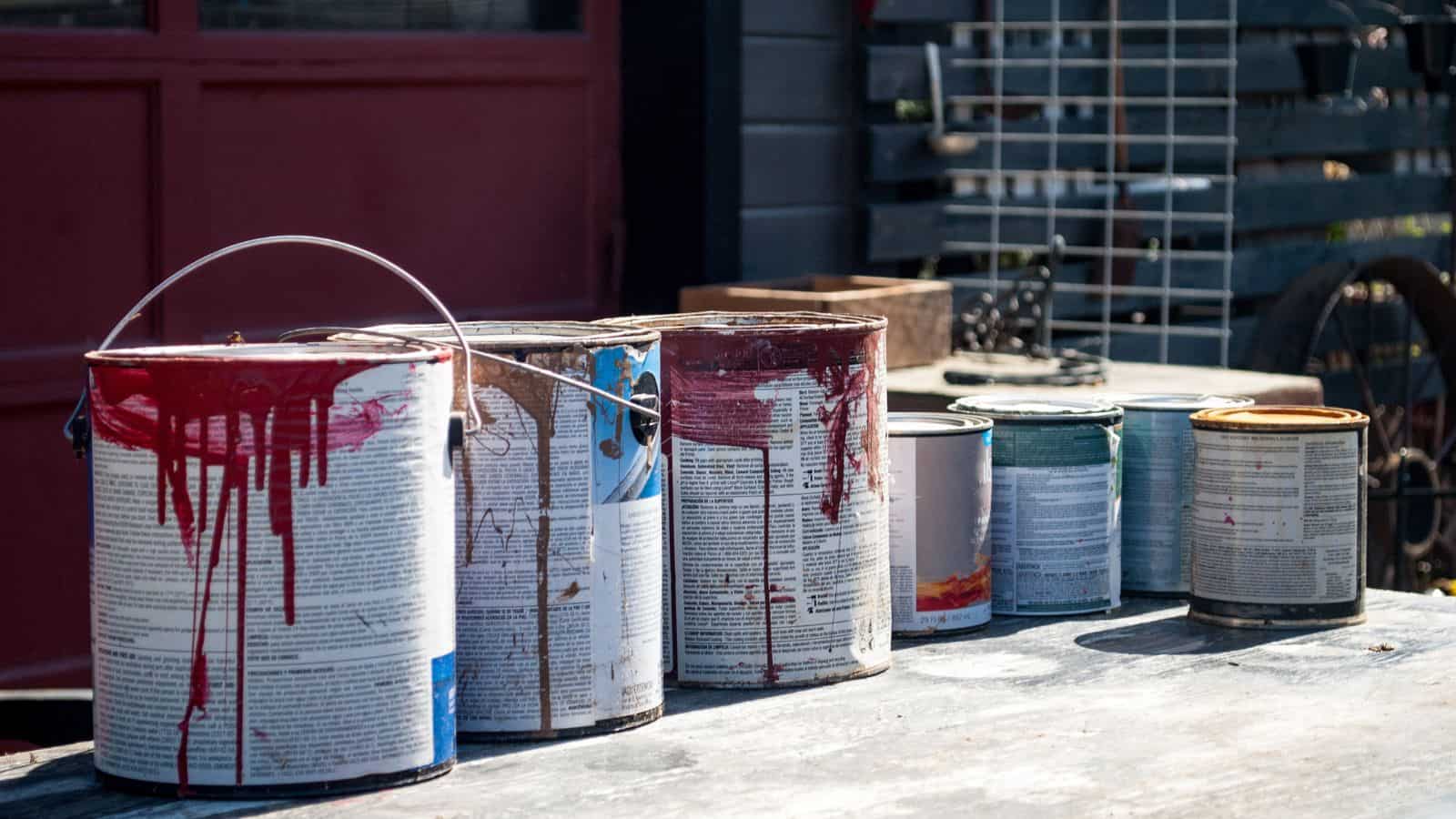
We all know how expensive some brands of paint can get, and the temperature fluctuations between hot and cold in the garage only cause the paint to thicken or separate. Eventually, it becomes unusable and a total waste of money.
Seeds
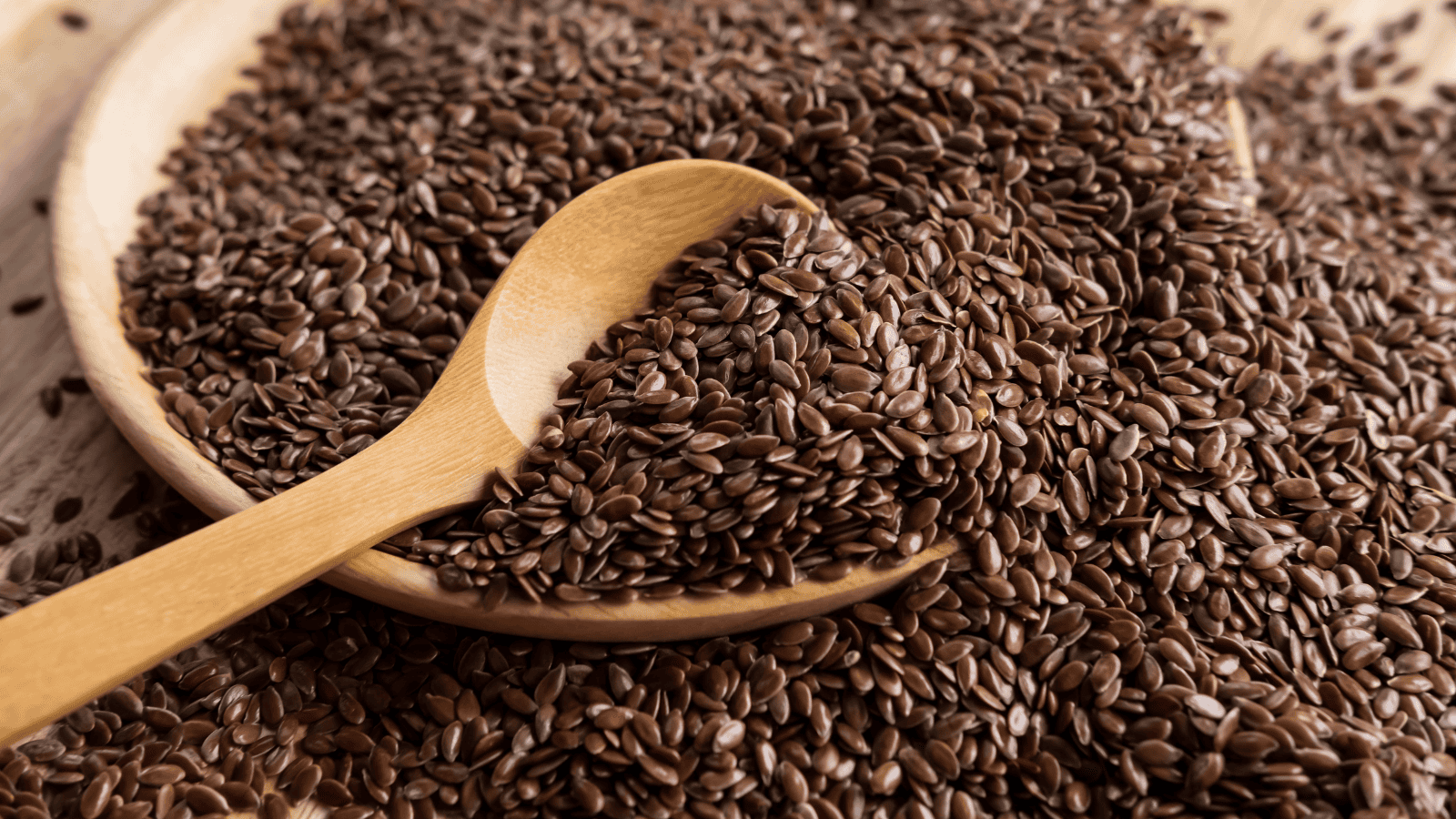
As SDSU advises, “Avoid storing seeds in sheds or garages where they may be exposed to high humidity in the summer.” A moisture level of 60% is ideal for storing seeds, but this is difficult to achieve and control in the garage. Instead, look for a cool, dry place that’s away from direct sunlight to ensure your seeds remain viable for the planting season.
Propane Tanks
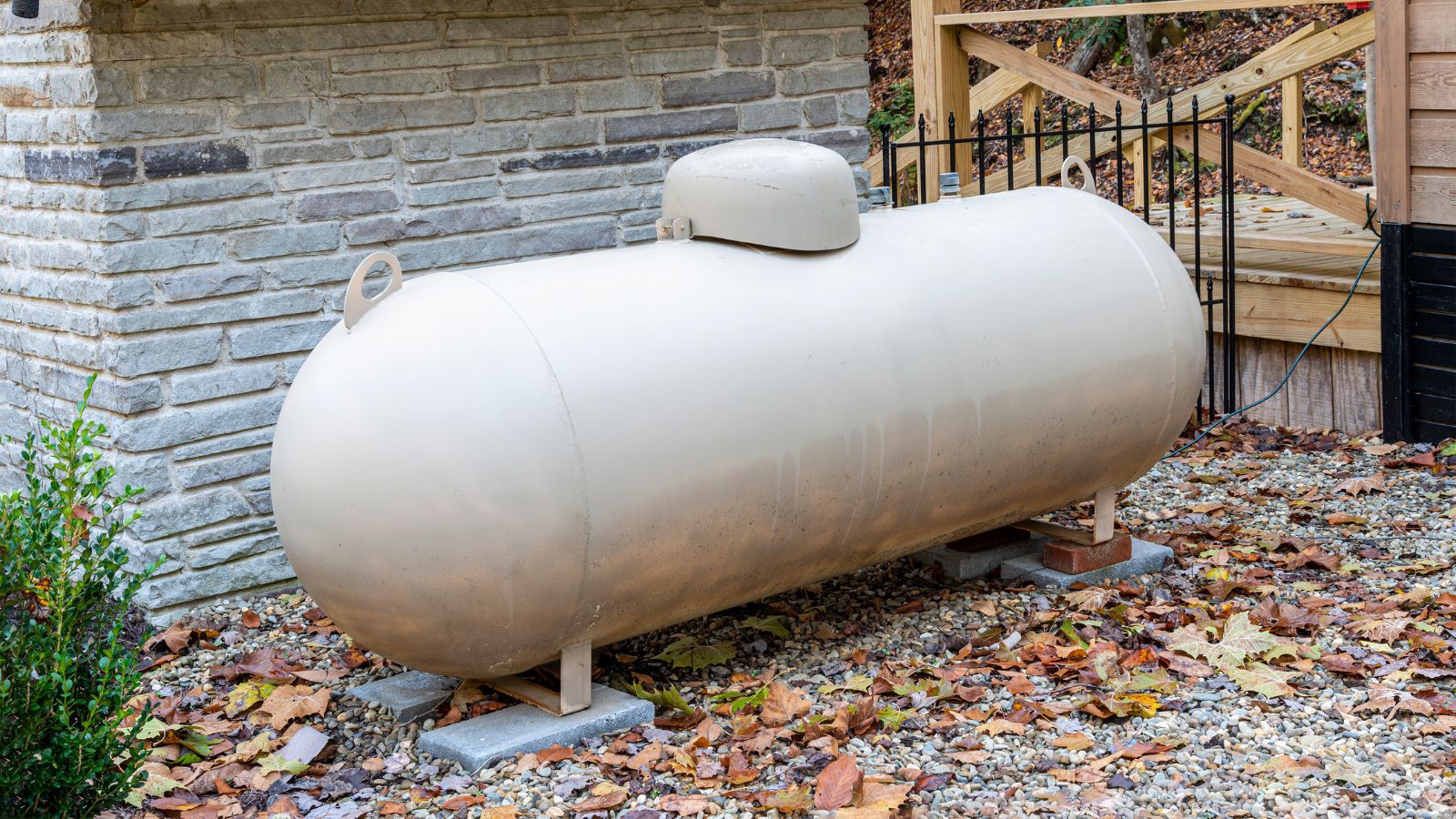
Here, you’re specifically advised against storing propane tanks with some gas in them. PEMCO Insurance explains that storing propane tanks in your garage could cause an explosion during a fire outbreak, and leaks can even start fires when gas accumulates. You should store propane tanks outdoors in a well-ventilated area and away from any potential sources of ignition.
Important Documents
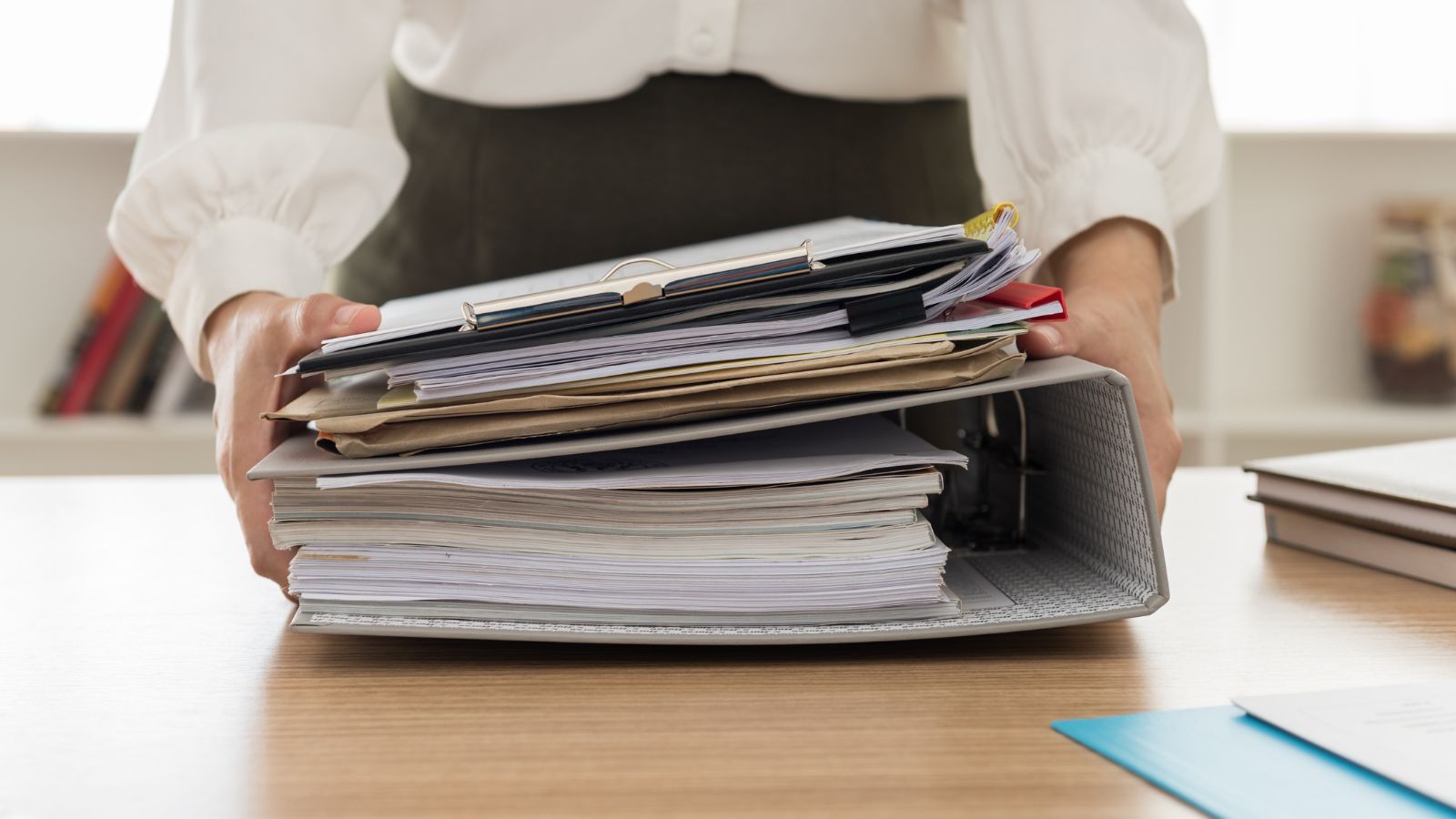
Garages are not ideal for storing paper, either. The combination of moisture and potentially high temperatures can lead to mold growth and deterioration, eventually damaging them. Keep your important documents in a dry area inside your home so that you don’t find yourself in a tight spot.
Pet Food
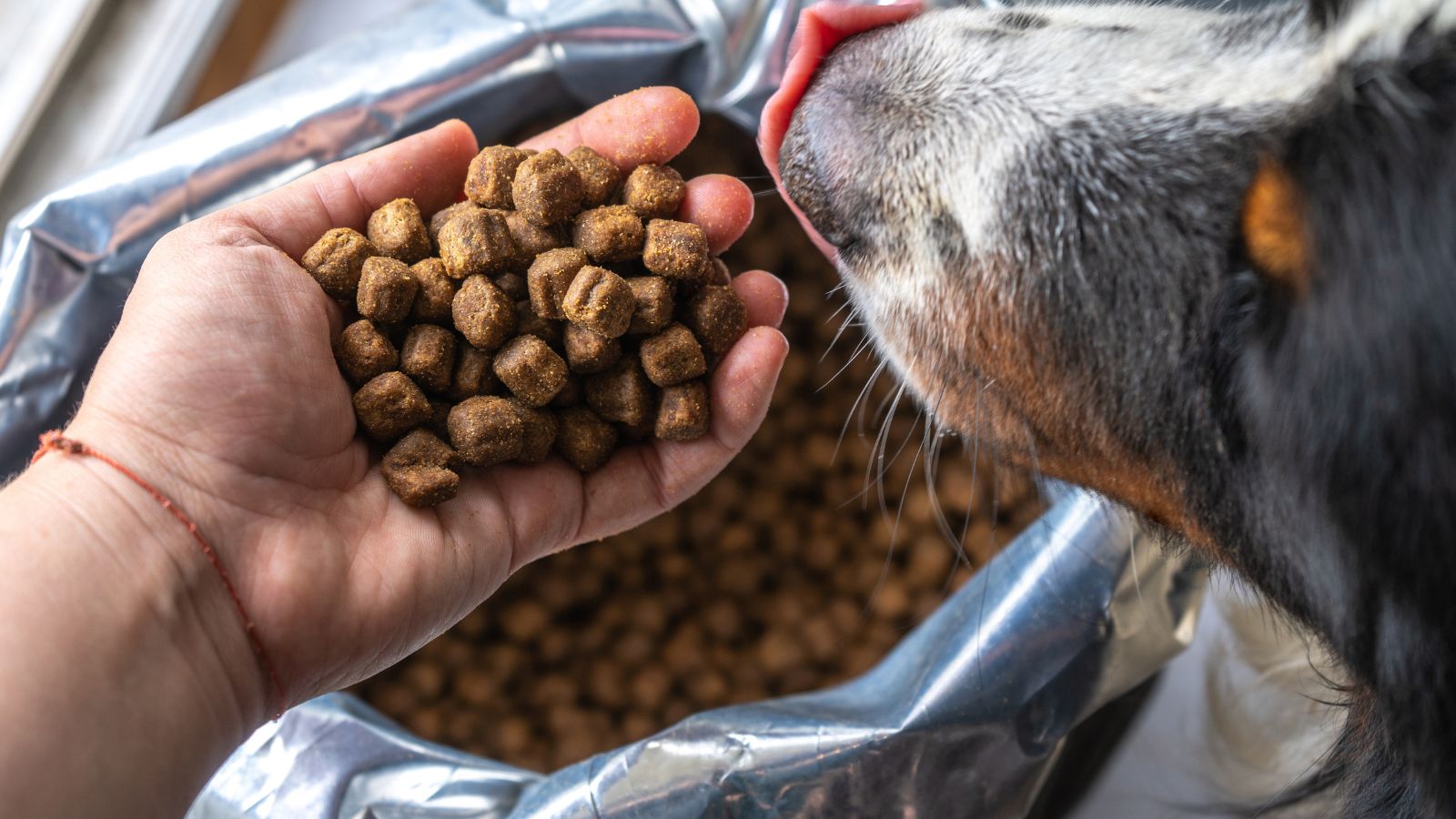
On one hand, storing pet food in the garage can attract pests like rodents and insects that easily contaminate food. And on the other hand, there’s the risk of excess heat or moisture that may cause the nutrients to break down. Pet food should be stored in sealed containers in a place that’s clean and dry, where your pets can’t also have access to it.
Wooden Furniture
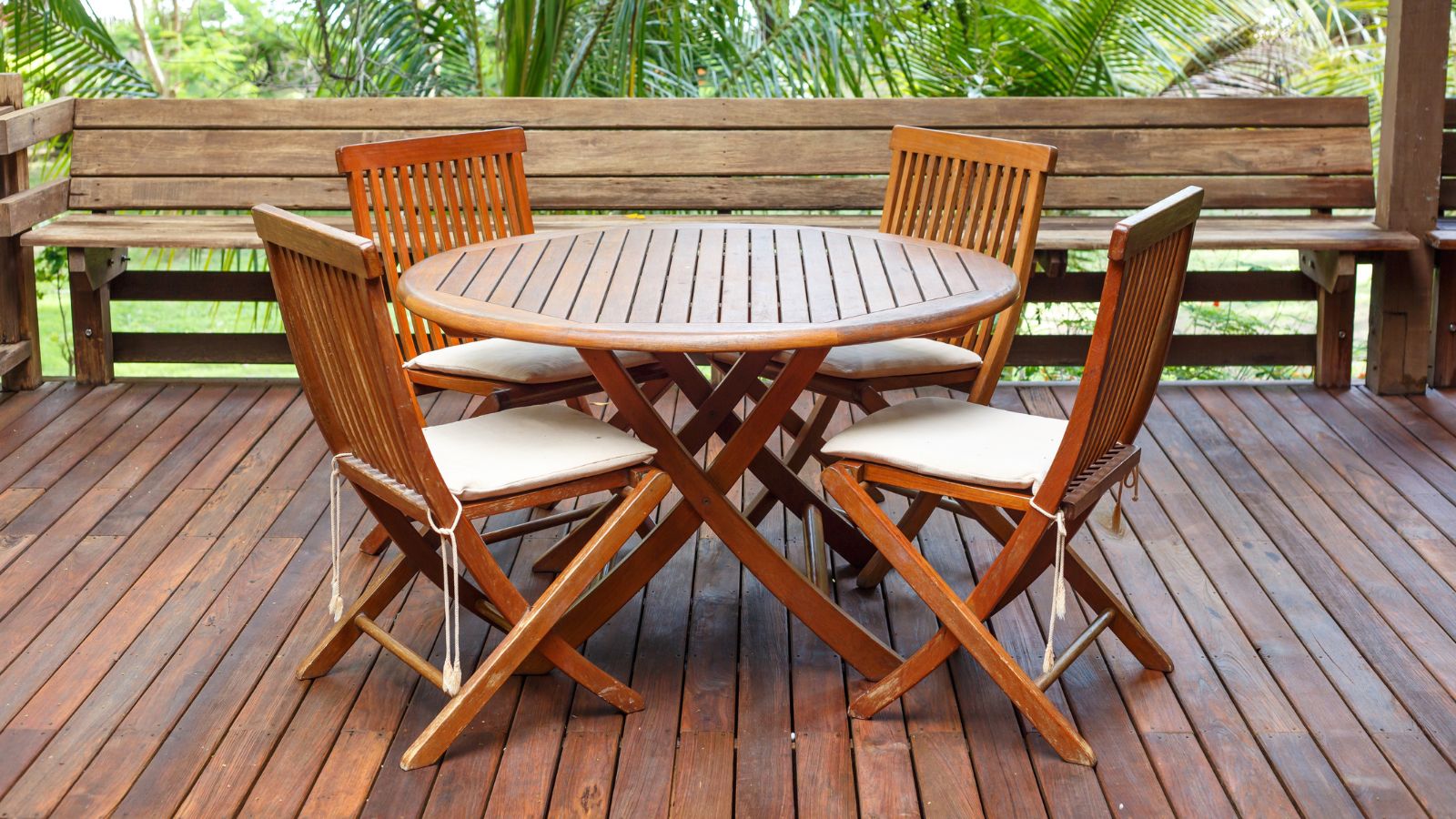
Wooden furniture can suffer from uncontrolled humidity and temperature changes in the garage, and you may end up with wood that’s warped, cracked, or plagued with mold. It’s always better to store wooden furniture indoors where the temperature is more stable and you know there isn’t a risk of moisture buildup.
Clothing
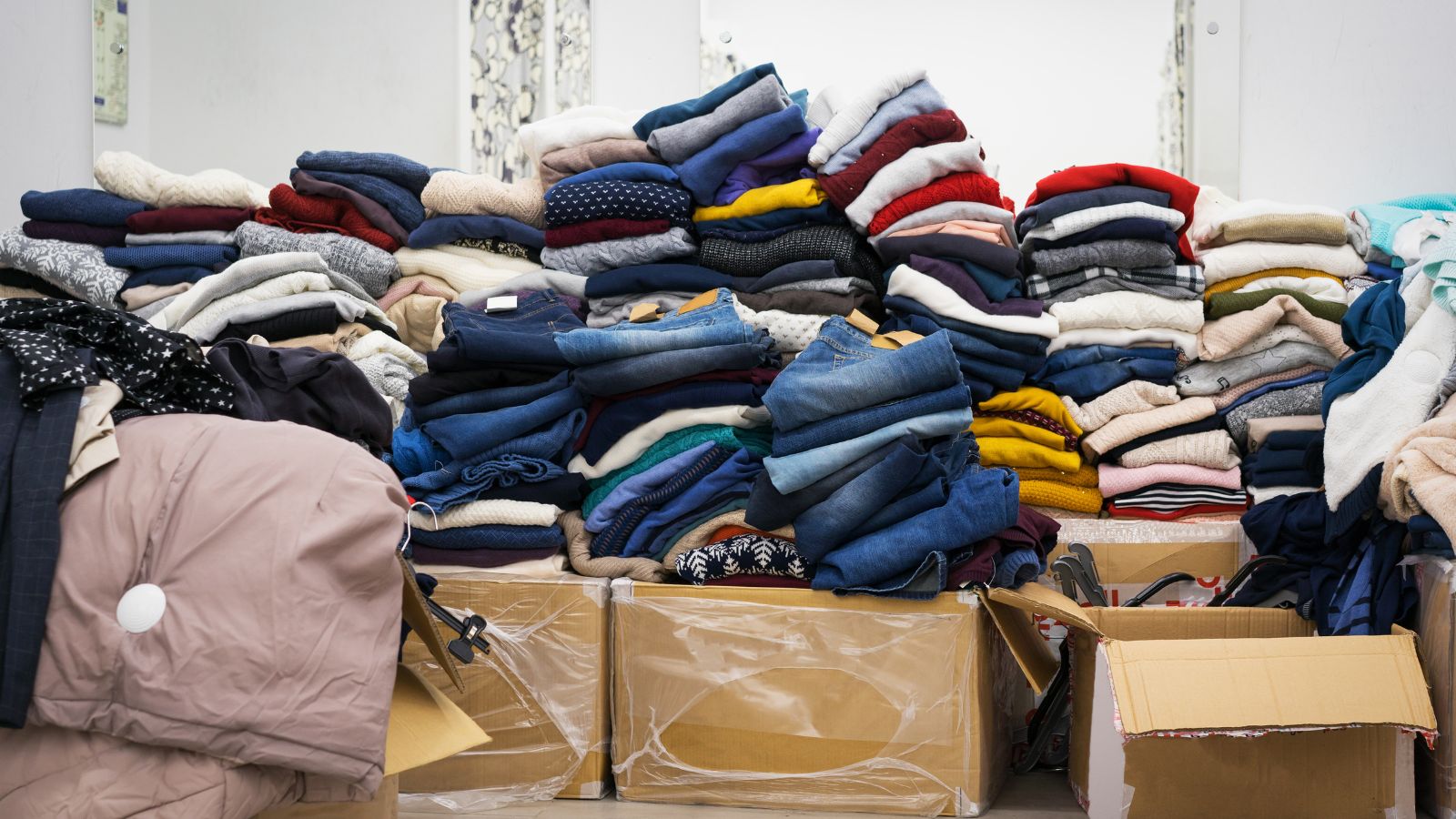
With clothing, your main concern isn’t just mold or mildew growing due to high humidity. Clothes can serve as perfect nesting grounds for insects too, and when you leave breeding activities undisturbed, your fabrics eventually get ruined. Only store clothes in garages if you live in a place where the climate is cold.
Wine
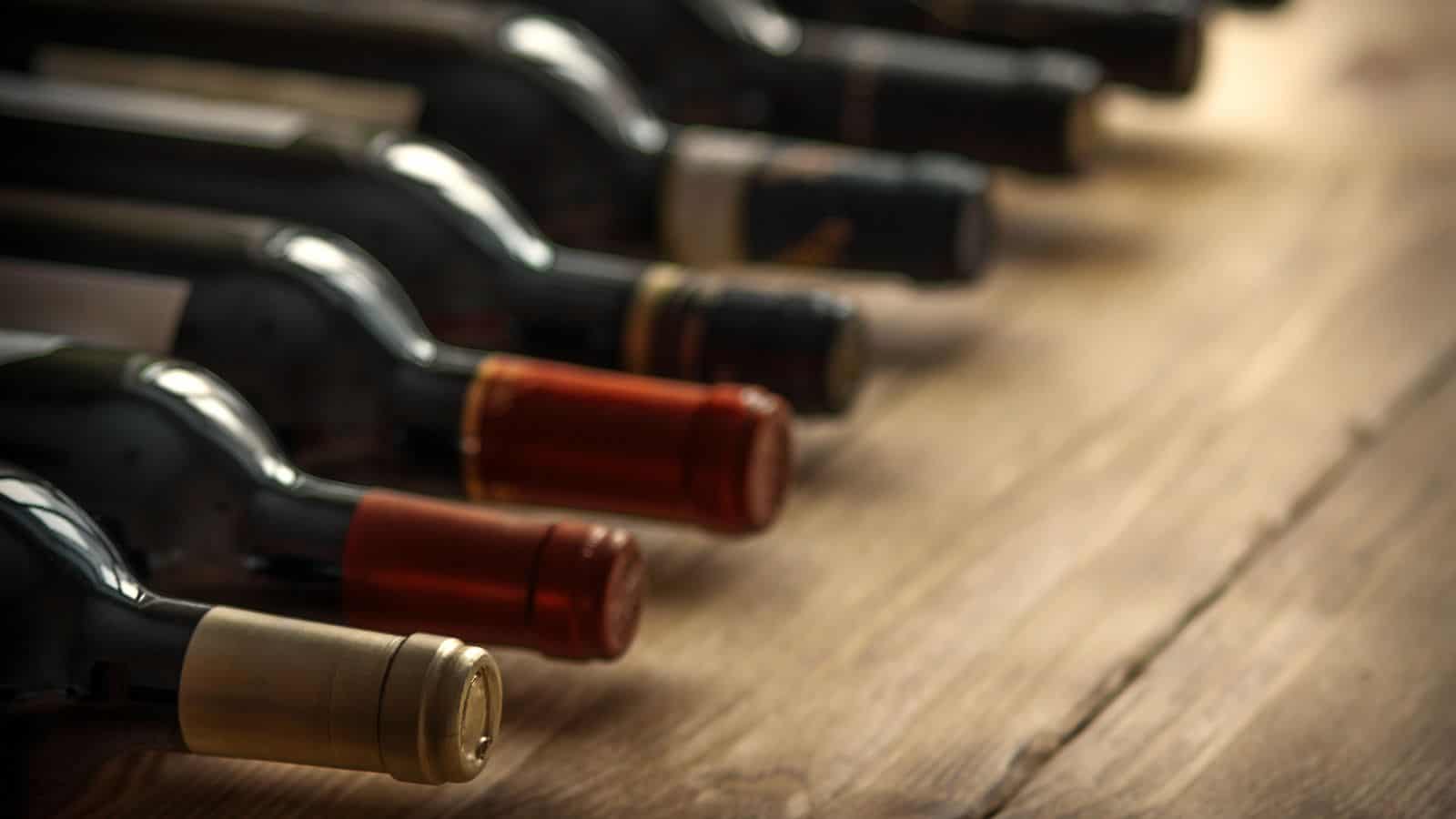
Wine requires specific, strict conditions for storage, and the temperature fluctuations and light exposure in a garage are exactly what we’re all advised to avoid. Wine should be stored in a cool, consistently dark place inside your home, preferably in a dedicated wine cellar or wine refrigerator.
Electronics
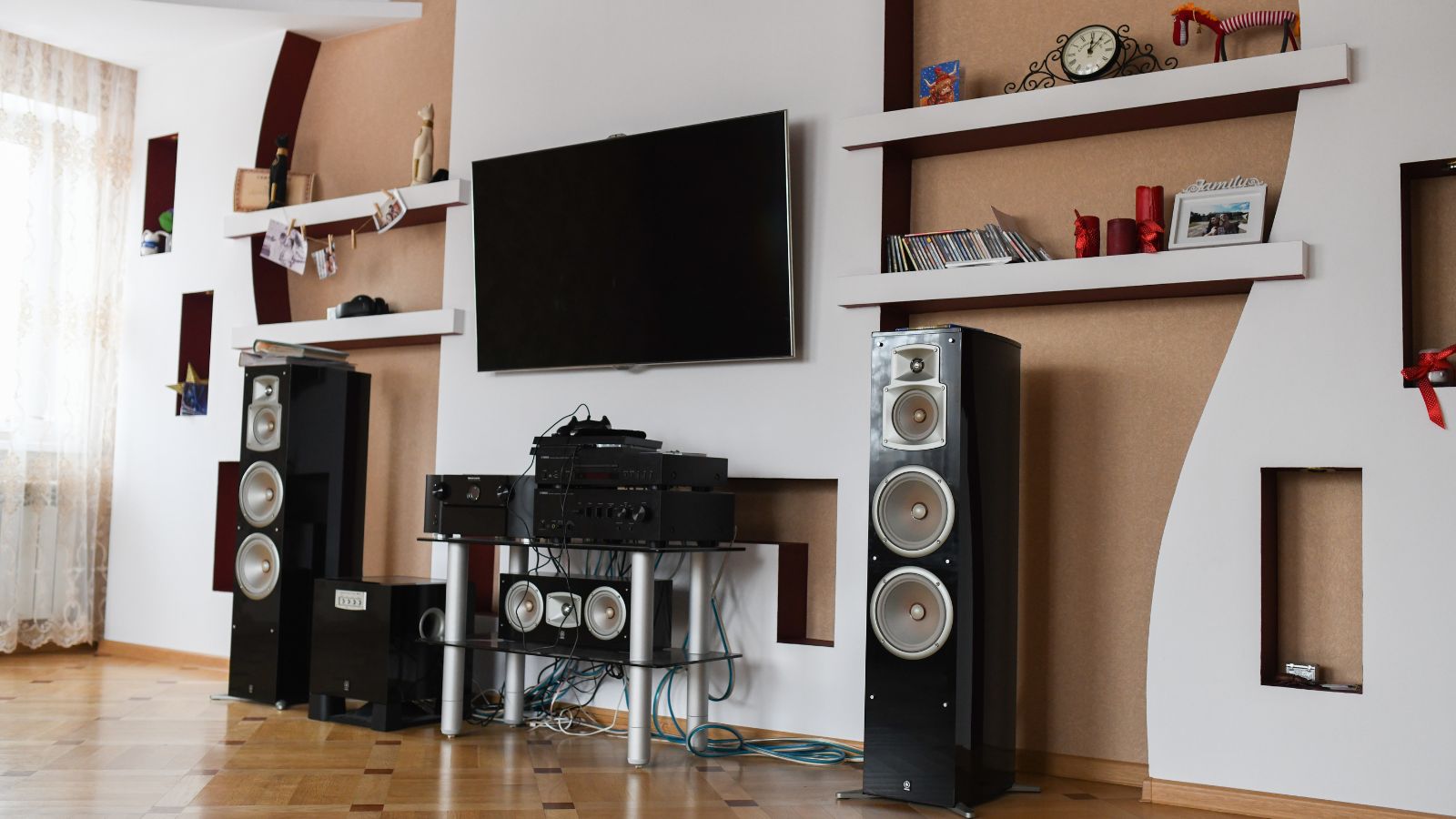
Electronics come with delicate components, and high humidity levels could cause moisture to seep into them. By keeping them in garages, you could be left with damaged appliances that cost hundreds or even thousands of dollars to replace. Even cold garages pose a risk to batteries and devices made of plastic.
Firewood
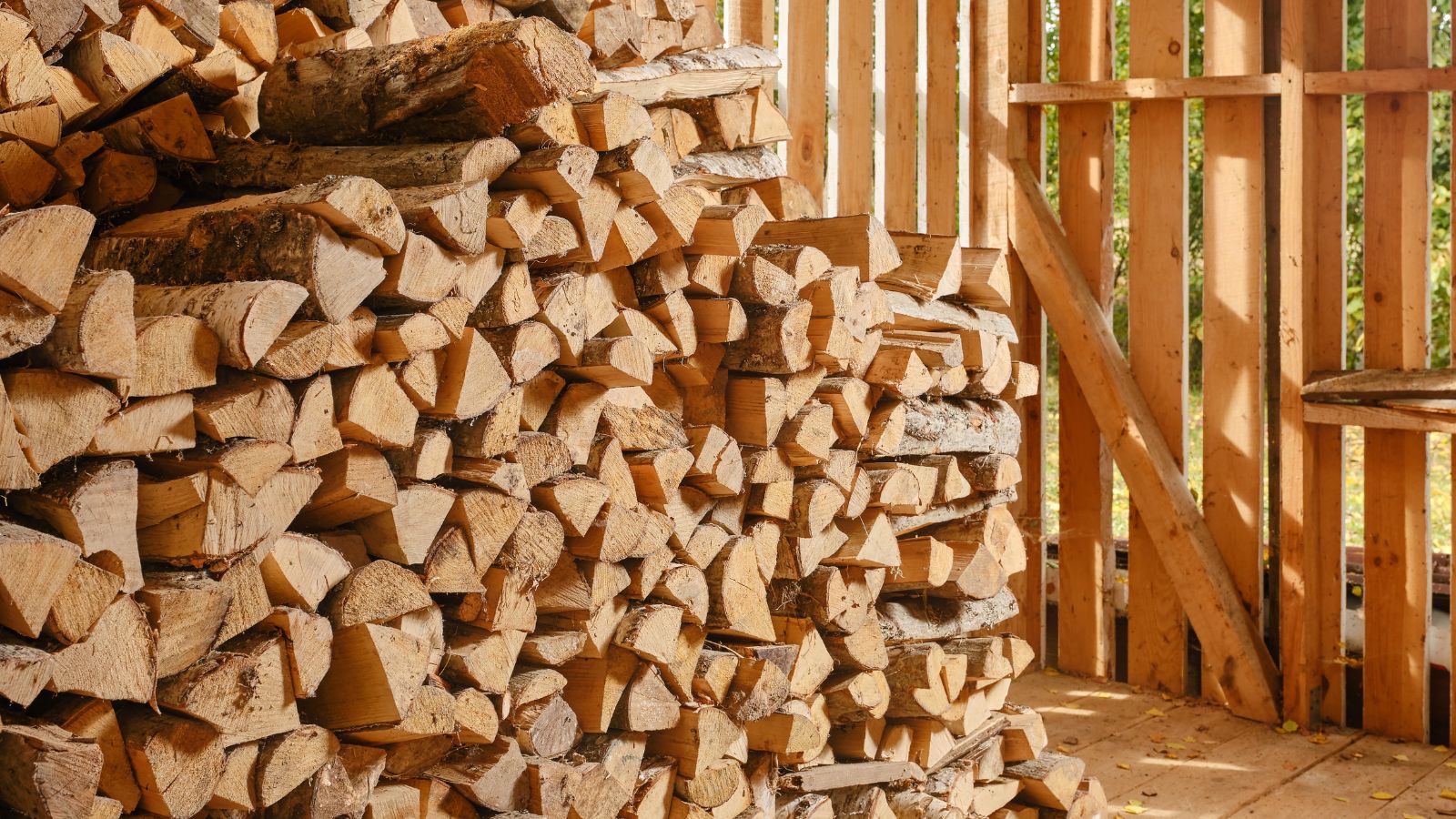
Storing firewood in the garage can attract pests like termites, ants, and other insects known to infest wood. They become so invasive that they spread to other areas of your home, putting your expensive furniture and even your home’s structural integrity at risk. Store firewood outdoors, away from the house, to avoid these devastating pest problems.
Canned Food
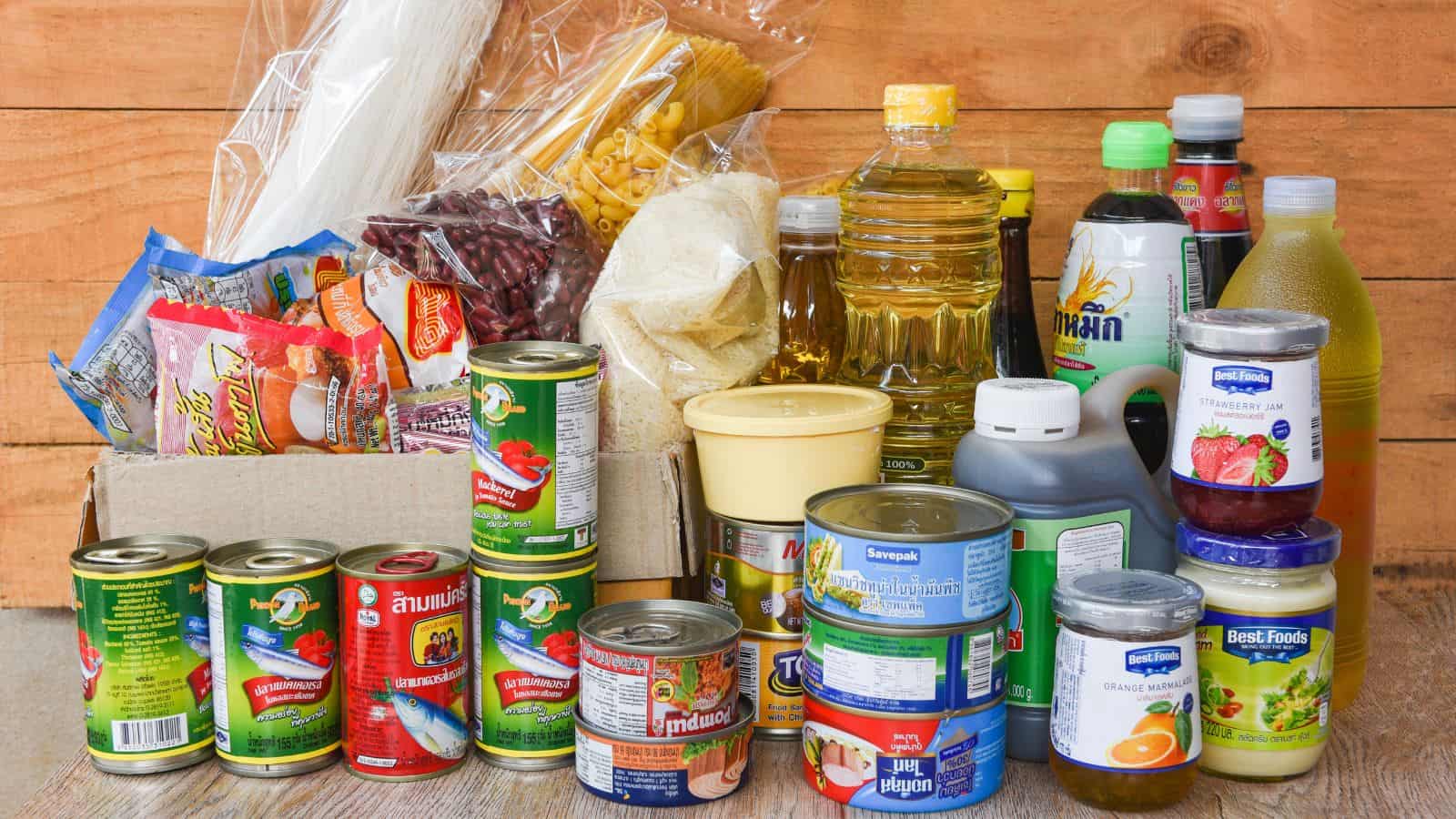
Like pet food, canned food can spoil if stored in a garage. Yes, they’re termed “non-perishable,” but extreme high and low temperatures, reacting with moisture, can cause cans to rust or even explode, defeating preservative measures put in place. REFB explains how much faster these chemical reactions are the hotter your garage gets.
Photos and Paintings
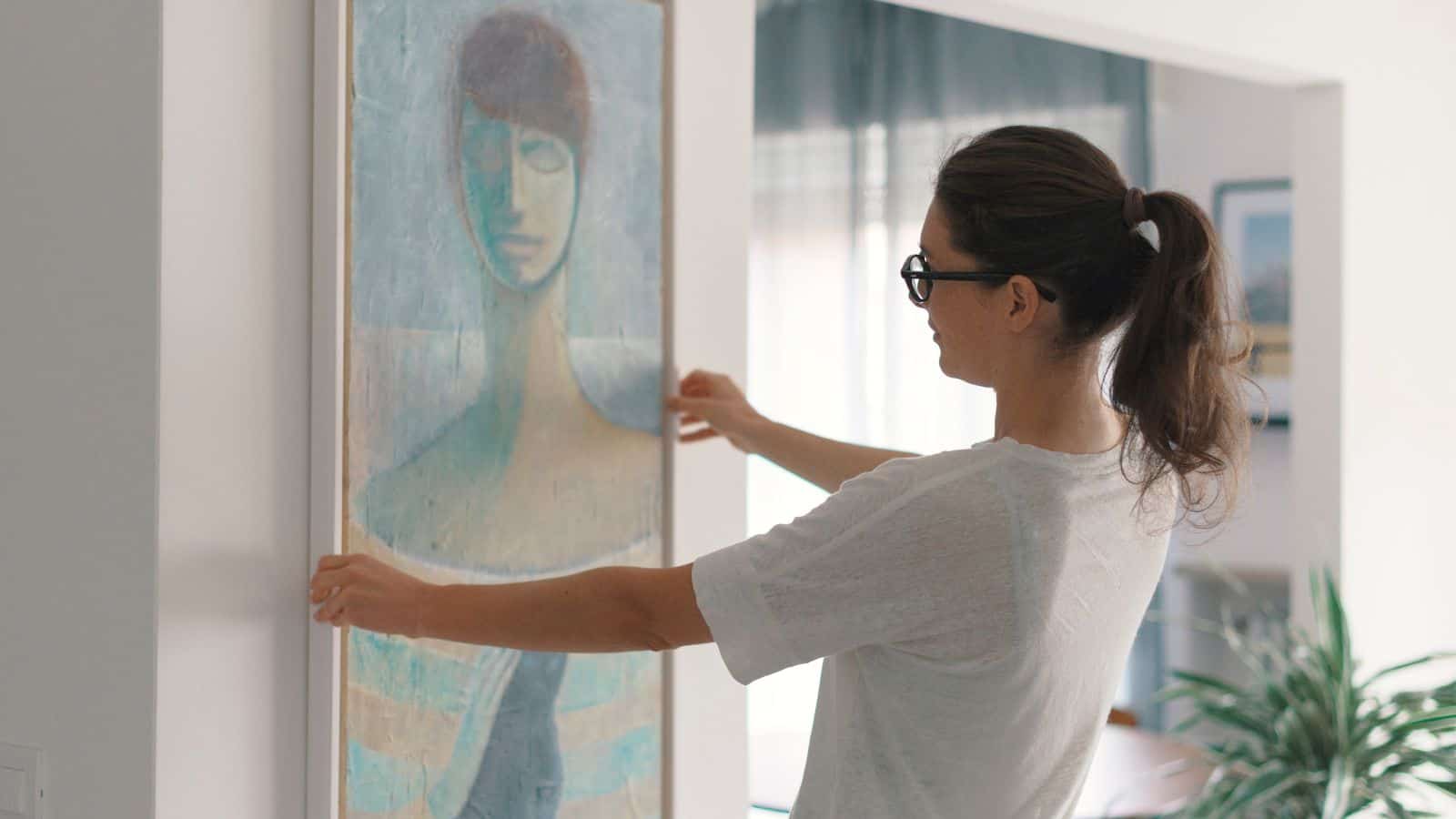
Artwork is delicate and can be expensive to replace, and the same applies to physical personal photographs. Moisture, heat, and pests can ruin your precious memories or timeless pieces, and this is why you should store them inside your home instead. One more piece of advice is to use archival-quality containers for added protection.
Leather Goods
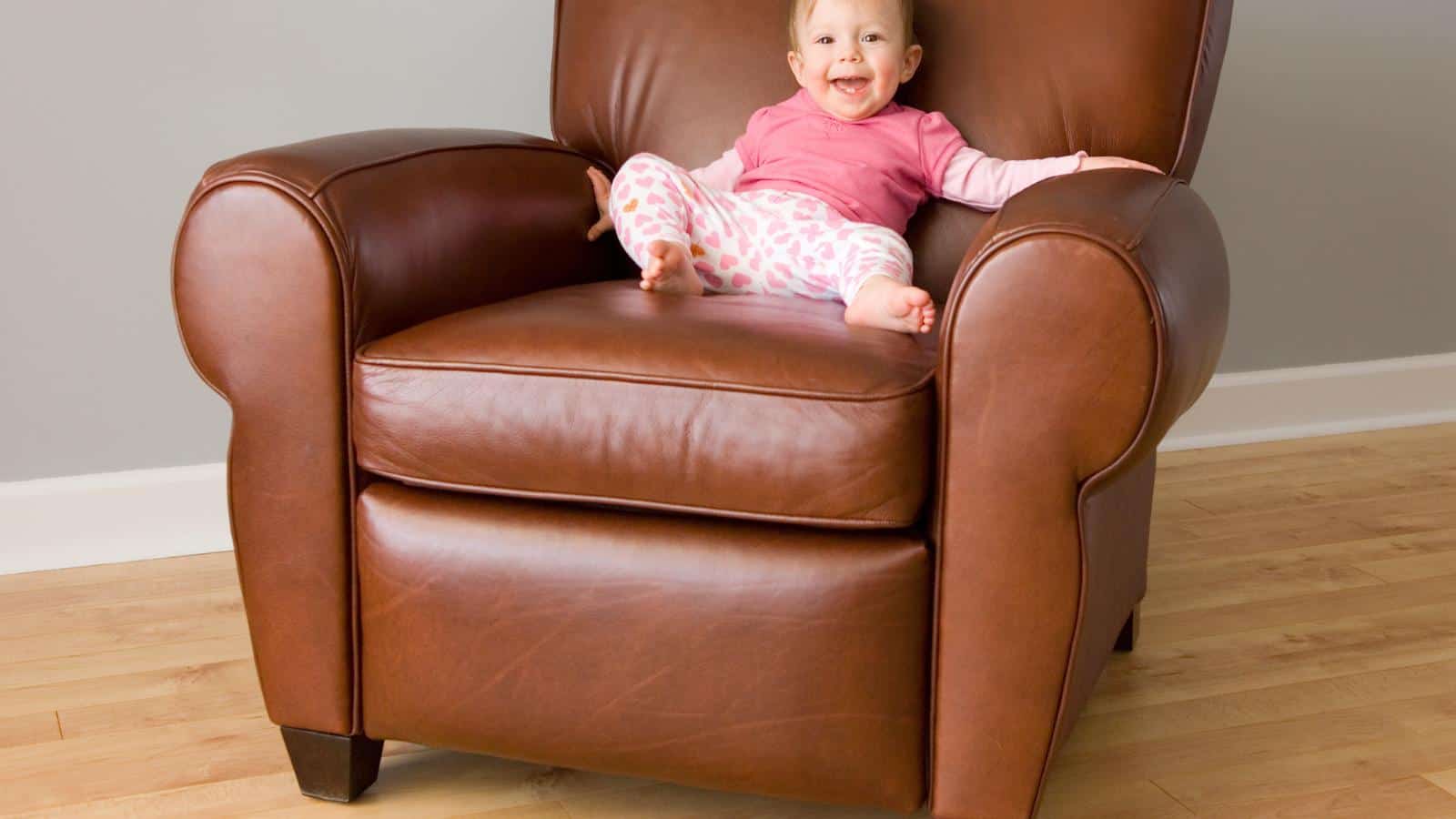
Leather is another material that’s susceptible to mildew growth when exposed to moisture, but this isn’t the only reason you should avoid keeping leather items in your garage. Even if you have measures in place to prevent fungi growth, you’ll still have to worry about the leather drying out, cracking, and even rotting when the temperature isn’t controlled or consistent.
Musical Instruments
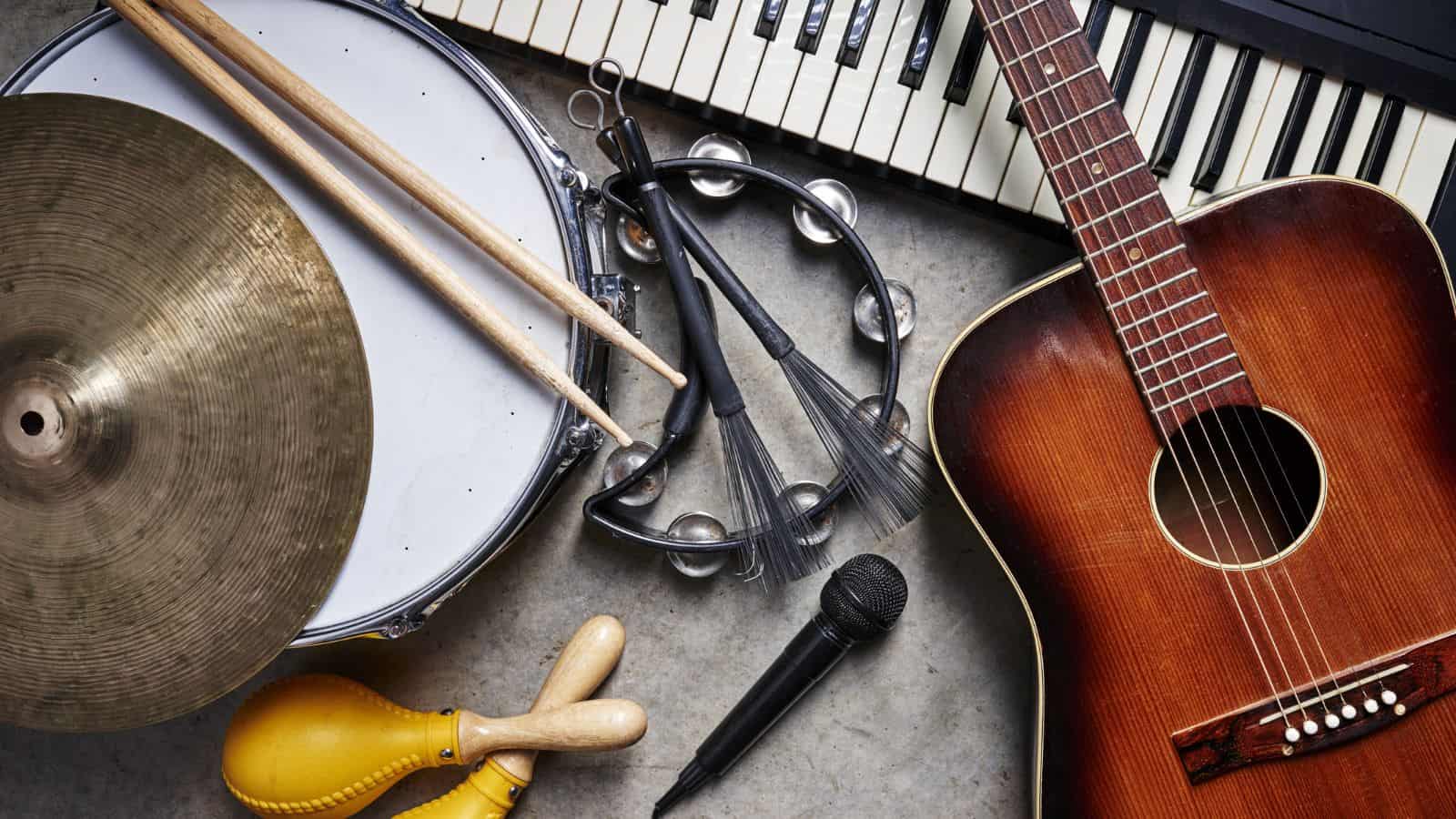
Ideally, our musical instruments should be stored in environments of about 60 to 70 degrees Fahrenheit, with a humidity level of between 35% and 50%. Sadly, as we’ve repeatedly said, temperature and humidity levels in garages are hard to control, and, particularly when dealing with wooden musical instruments, you stand the risk of progressive damage over time.
Medicines

An NIH study states clearly that the garage, as well as the kitchen and bathroom, is one of the worst places to store medication, especially if there are tight controls around temperature. When you ignore these warnings, important active ingredients will degrade and your medication will lose its effectiveness altogether.
Gardening Chemicals
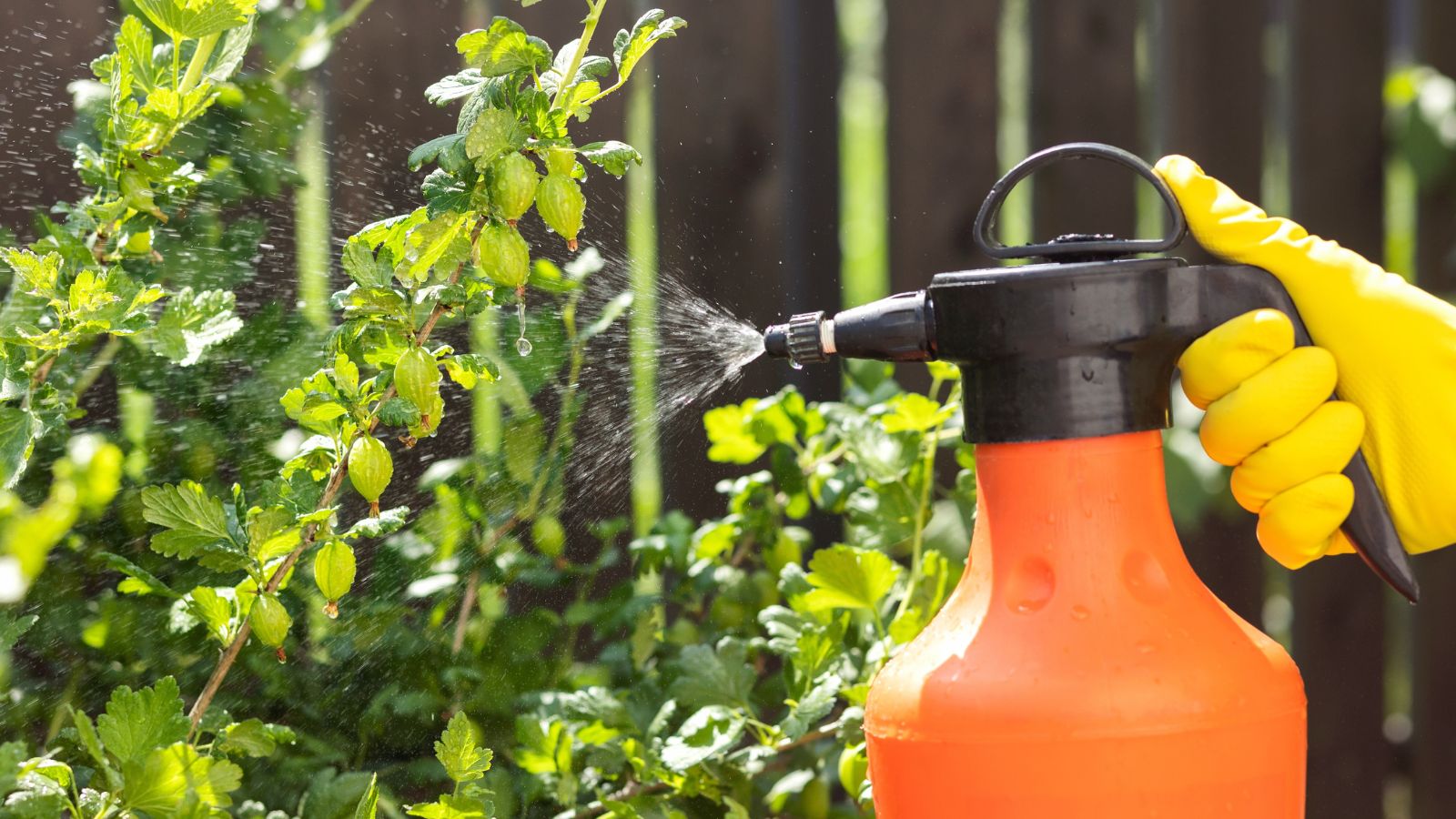
Gardening chemicals are hazardous, and storing them in garages, particularly in leaking containers, can contaminate other items and pose serious health risks. All types of chemicals should always be stored in a secure, ventilated outdoor shed away from children and pets to ensure safety.
Camping Gear
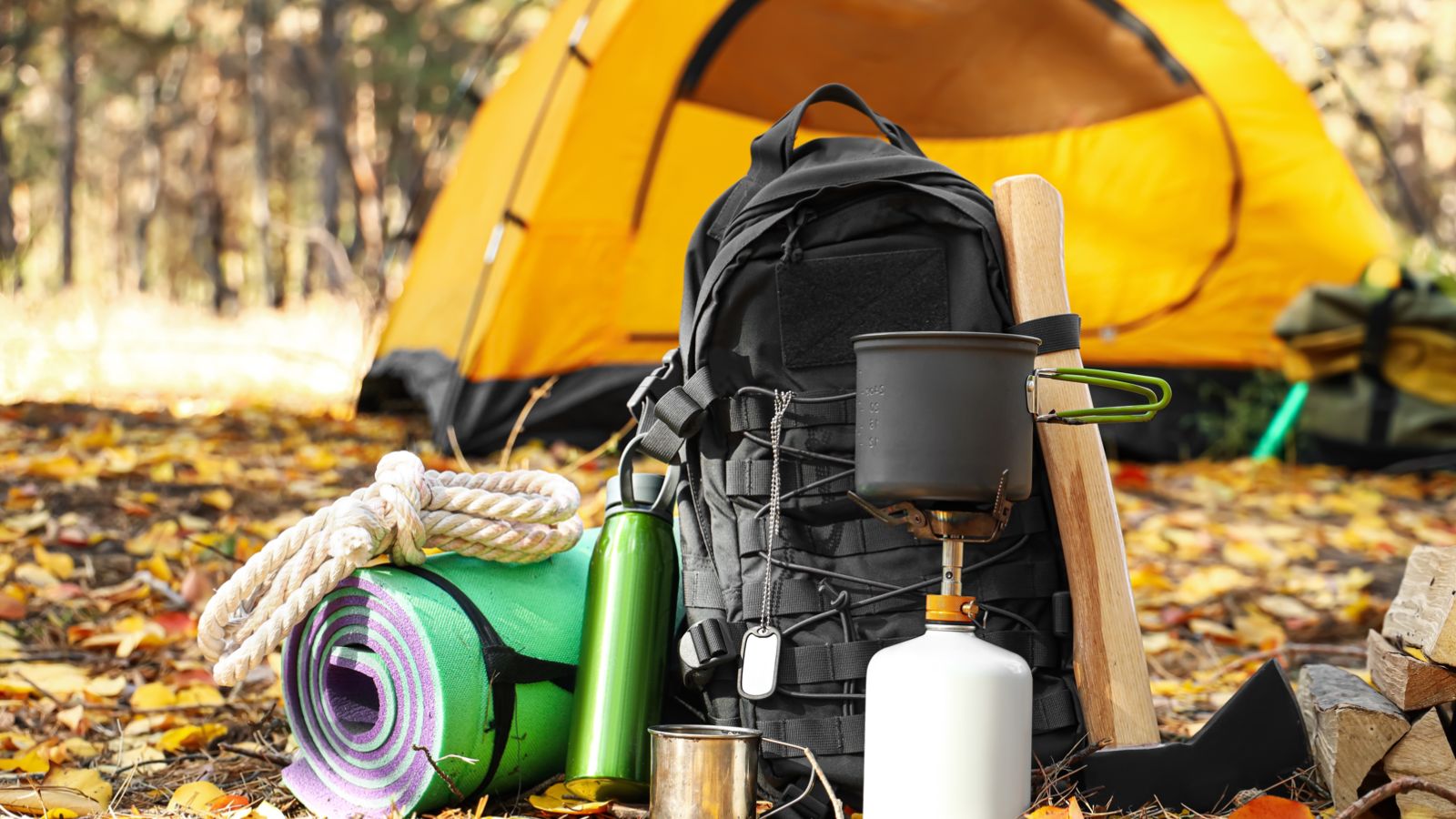
Camping gear stored in a garage is particularly at risk of damage by pests and moisture. When you leave residues from a previous outdoor trip on tents and sleeping bags, for instance, mold and insects can ruin them and force you to spend money on new equipment to go on your next adventure.
Antiques
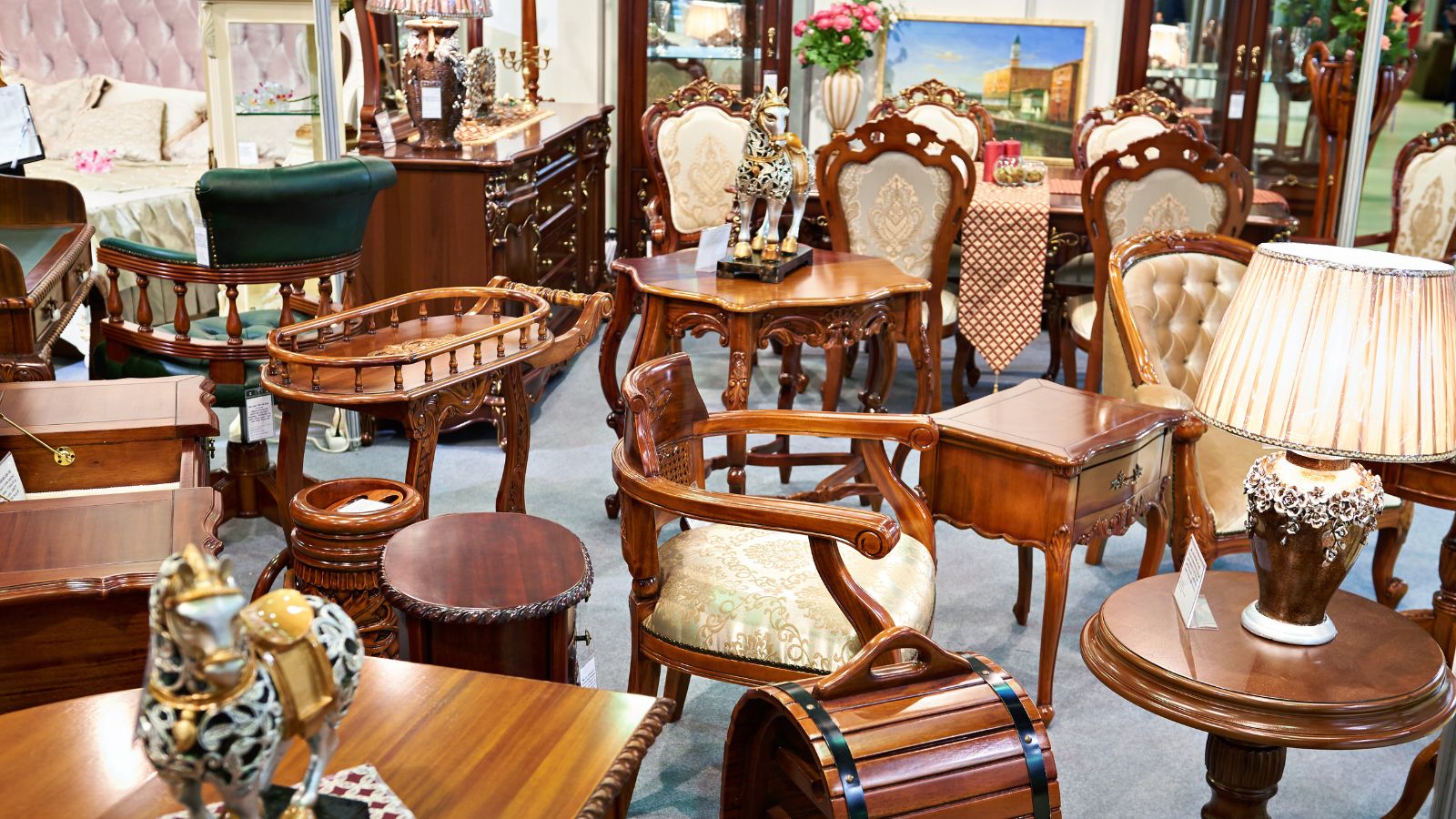
Apart from the risk of excessive humidity and temperature changes that can ruin delicate items, antiques can be damaged in a garage where multiple things are jammed into a small space. To preserve their value and condition, it’s best to store antiques in a rarely-visited, temperature-controlled area inside your home.
Up Next: 20 Things Your Boss Is Legally Forbidden to Ask of You

The workplace should be a professional environment free from discrimination and harassment. While employers have the authority to ask questions regarding legal work obligations, there are certain personal boundaries they cannot cross. Whether it’s an invasion of privacy or an unfair request, here are 20 examples of things your boss is legally prohibited from asking of you.
20 Things Your Boss Is Legally Forbidden to Ask of You
18 Things That Say You Are Middle-Class and Not Rich

The difference between the rich and middle class can be confusing, but the two couldn’t be further from each other in reality. In this article, we look at 18 signs that someone is middle class but not at all rich or wealthy.
18 Things That Say You Are Middle-Class and Not Rich
18 Most Dangerous Cities in the World (5 Are in America)

Across the globe, there are many places you don’t want to find yourself because of the crimes waiting to occur. Sometimes, even nature can be cruel to you. This is particularly the case in the following 18 most dangerous cities in the world, five of which are in America!
